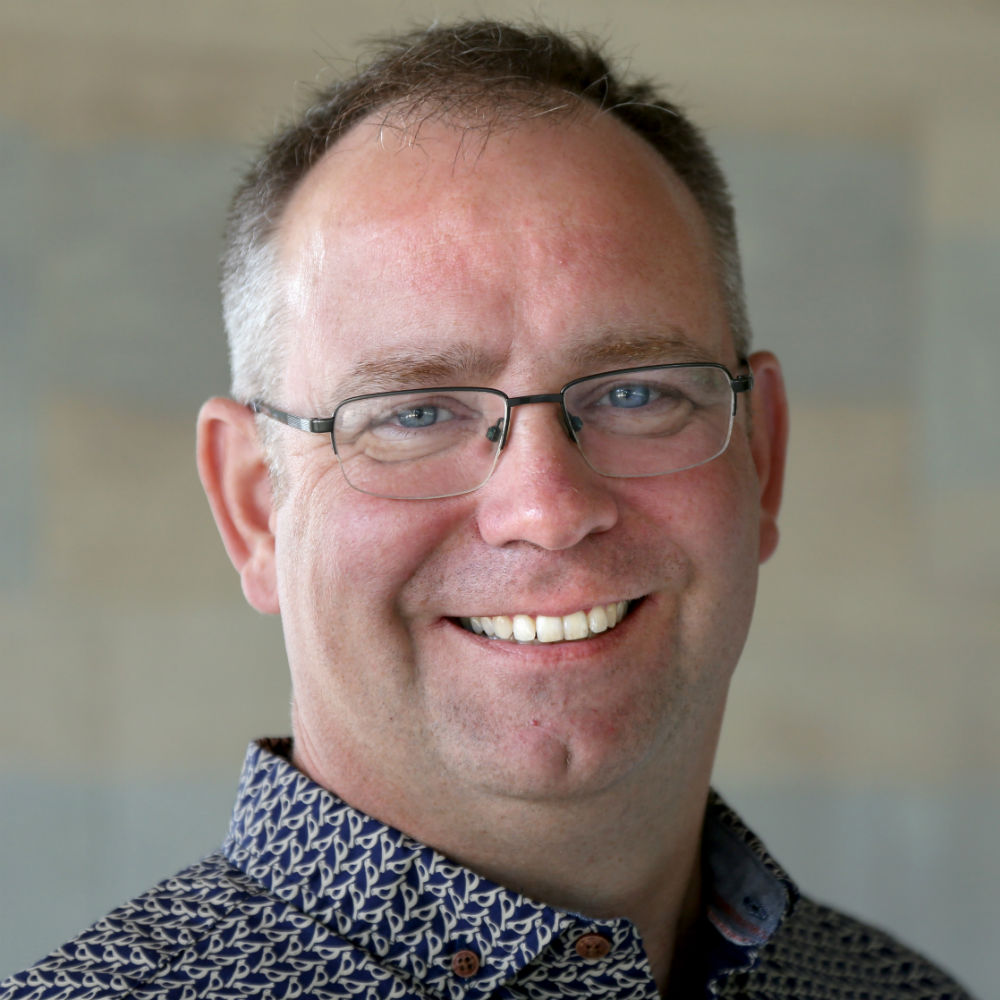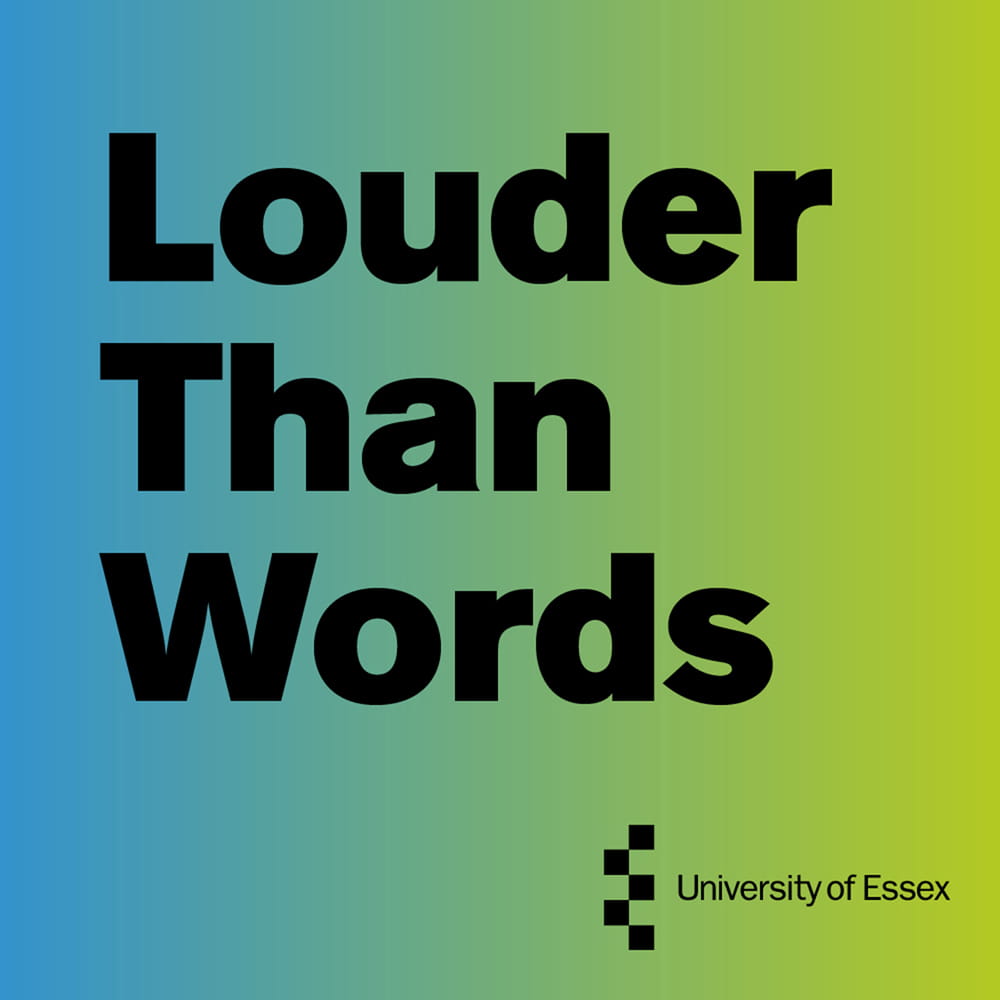The term “acquired brain injury” refers to any injury to the brain that occurs after birth. This includes diseases such as Parkinson's or Alzheimer's, a physical blow for example from an assault or while participating in a sport, or a medical event such as a stroke or a brain haemorrhage.
Patients who have an acquired brain injury can have a long road to recovery and physical rehabilitation, and in some cases a return to their previous full health may not be possible. This has a long-term impact on the patient and their families. As a result, treatment and life after these injuries will involve a multi-care team of healthcare and social work professionals.
However, social workers may have limited understanding of acquired brain injuries, especially since the term covers a broad spectrum of medical conditions. This can make it hard for the right package of support to be put in place as needs may not be fully understood. A lack of support can lead to serious consequences, such as homelessness, drug or alcohol addiction or suicide.
In this project, funded by the National Institute of Health Research (NIHR), our researchers will develop a range of educational resources on acquired brain injuries.
These resources will involve input from those who have an acquired brain injuries and their families, as well as social workers and their managers, to identify where gaps in service knowledge exist. The resources will be made available to social workers to help improve professional practice. Service users and their families will also have access to these resources to help improve understanding of life after a brain injury and help with advocacy for support services.
Funding
This project has been funded by the National Institute for Health Research (NIHR).
Partners
This project is run collaboration with the following partners:
- University of Plymouth
- The London School of Economics and Political Science (LSE)
- Head First
- The Brain Injury Social Work Group (BISWG)
- Queen's University Belfast.












